Home>Home Appliances>Heating & Cooling>What Is Oil Forced Air Heating?
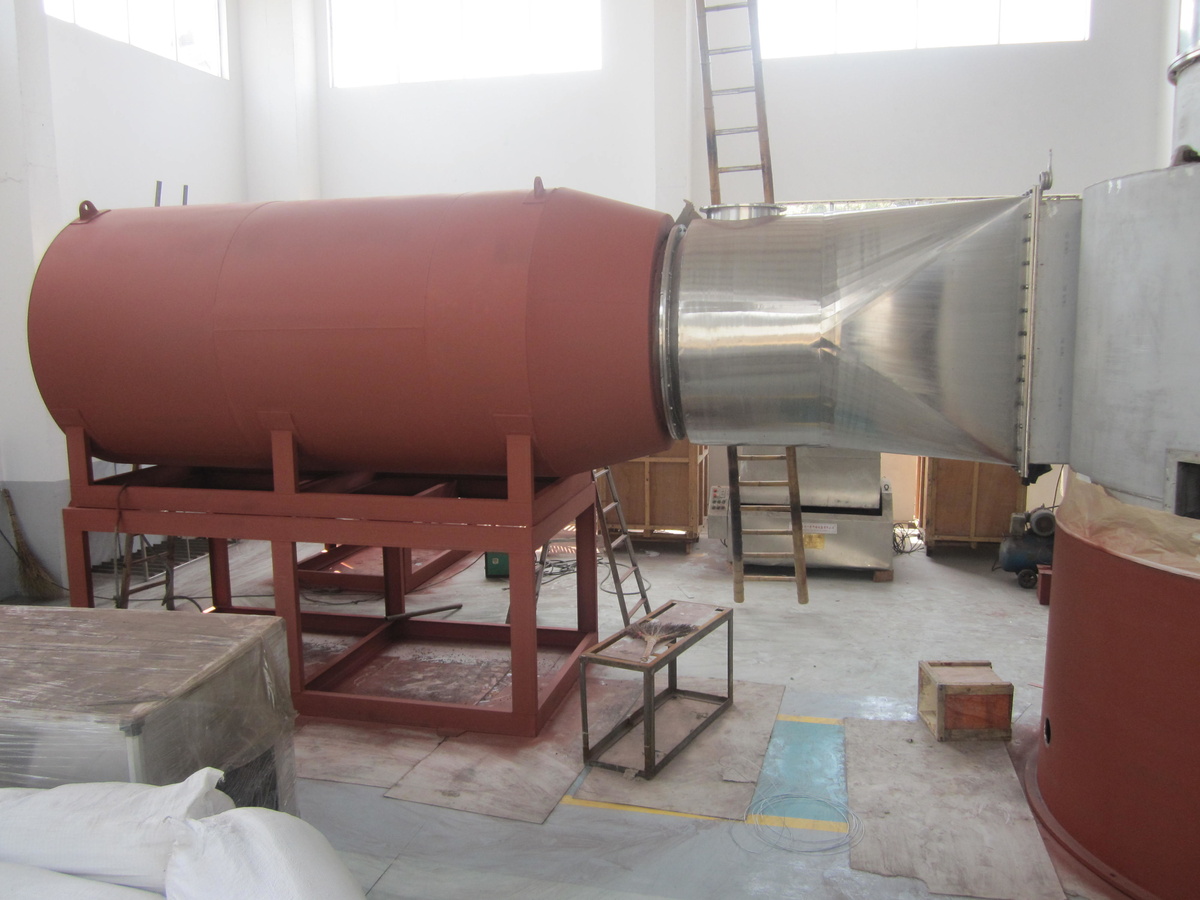

Heating & Cooling
What Is Oil Forced Air Heating?
Modified: August 17, 2024
Learn about oil forced air heating and how it can efficiently regulate indoor temperatures. Find out more about this heating and cooling system.
(Many of the links in this article redirect to a specific reviewed product. Your purchase of these products through affiliate links helps to generate commission for Storables.com, at no extra cost. Learn more)
Introduction
Oil forced air heating is a popular and efficient method of heating homes and commercial spaces. This heating system utilizes oil as a fuel source to generate warmth, making it a reliable choice for areas where natural gas may not be readily available. With its ability to provide consistent and comfortable heat, oil forced air heating has become a staple in many households and businesses.
In this comprehensive guide, we will delve into the inner workings of oil forced air heating systems, exploring their advantages, disadvantages, and the essential maintenance required to keep them running smoothly. Whether you are considering installing an oil forced air heating system or seeking to expand your knowledge of heating options, this article will equip you with valuable insights to make informed decisions about your heating needs.
Key Takeaways:
- Oil forced air heating systems efficiently heat spaces using ignited oil, providing consistent warmth and rapid response. They offer cost-effective fuel usage and effective air filtration, but require regular maintenance and may have environmental impact.
- Regular maintenance, including inspections, filter replacement, and professional servicing, is crucial for optimizing oil forced air heating systems. Prioritizing upkeep ensures reliable performance, energy efficiency, and a safe indoor environment for occupants.
Read more: What Is An Advantage Of Forced Air Heating?
How Oil Forced Air Heating Works
Oil forced air heating operates through a straightforward yet highly effective process. The system begins with the ignition of oil in the furnace's combustion chamber. This ignition is typically initiated by an electric spark or a continuous burning pilot light, depending on the specific design of the furnace.
Once the oil ignites, it produces a steady flame that heats the walls of the combustion chamber. As the chamber becomes increasingly hot, a heat exchanger, a crucial component of the system, efficiently absorbs this heat. The heat exchanger's primary function is to transfer the generated heat to the surrounding air without allowing the combustion byproducts to mix with the heated air.
Simultaneously, a powerful blower fan, strategically positioned within the furnace, draws in cool air from the surrounding environment. This cool air is then propelled through a series of ducts and into the furnace, where it passes over the heated heat exchanger. As the air comes into contact with the hot surfaces of the heat exchanger, it rapidly absorbs the warmth, transforming into a stream of comfortably heated air.
The now-heated air is then propelled through the ductwork, distributing the warmth evenly throughout the designated living or working spaces. This continuous circulation of warm air ensures that the entire area is consistently heated, creating a comfortable and cozy environment for occupants.
Furthermore, to maintain optimal indoor air quality, many oil forced air heating systems are equipped with air filters. These filters effectively capture dust, debris, and other airborne particles, ensuring that the circulated air remains clean and healthy for occupants to breathe.
In summary, oil forced air heating systems harness the energy from ignited oil to heat a heat exchanger, which then warms the surrounding air. This heated air is subsequently distributed throughout the building via a network of ducts, providing a reliable and efficient heating solution for homes and businesses alike.
Advantages of Oil Forced Air Heating
Oil forced air heating offers several compelling advantages that make it a popular choice for many homeowners and businesses. Here are the key benefits of this heating system:
-
Consistent and Efficient Heating: Oil forced air heating systems are renowned for their ability to provide consistent and efficient warmth throughout a space. The combustion of oil generates a significant amount of heat, which is effectively transferred to the surrounding air. This results in a reliable and steady supply of warmth, ensuring that occupants remain comfortable even during the coldest of days.
-
Cost-Effective Fuel Source: Oil, as a fuel source, often proves to be a cost-effective option for heating. In regions where natural gas may not be readily available, oil becomes an attractive alternative. Additionally, advancements in oil heating technology have led to increased efficiency, allowing homeowners to maximize the heating output while minimizing fuel consumption.
-
Versatility and Adaptability: Oil forced air heating systems can be seamlessly integrated into both new and existing structures. This versatility makes them a practical choice for a wide range of residential and commercial applications. Whether it's a new construction project or a retrofitting endeavor, oil forced air heating systems can be tailored to suit the specific heating requirements of the space.
-
Rapid Heating Response: Unlike some other heating methods, oil forced air heating systems boast a rapid heating response. Once the system is activated, the warm air is swiftly distributed throughout the building, quickly raising the indoor temperature to the desired level. This swift response is particularly advantageous during cold spells, ensuring that occupants can enjoy a cozy environment without prolonged waiting periods.
-
Effective Air Filtration: Many oil forced air heating systems are equipped with high-quality air filters that effectively capture airborne particles, dust, and allergens. This feature contributes to improved indoor air quality, making the environment healthier and more comfortable for occupants, especially those with respiratory sensitivities.
-
Reliable Performance: Oil forced air heating systems are known for their reliability and durability. When properly maintained, these systems can provide years of dependable service, offering peace of mind to homeowners and businesses alike.
In summary, the advantages of oil forced air heating, including consistent and efficient warmth, cost-effectiveness, adaptability, rapid heating response, effective air filtration, and reliable performance, make it a compelling choice for those seeking a reliable and efficient heating solution.
Disadvantages of Oil Forced Air Heating
While oil forced air heating systems offer numerous benefits, it's important to consider their potential drawbacks. Understanding the disadvantages can help individuals make well-informed decisions when selecting a heating system for their homes or businesses.
-
Environmental Impact: One of the primary concerns associated with oil forced air heating is its environmental impact. The combustion of oil releases carbon dioxide and other pollutants into the atmosphere, contributing to air pollution and greenhouse gas emissions. This can have detrimental effects on air quality and contribute to environmental degradation.
-
Dependency on Oil Prices: The cost of oil is subject to market fluctuations, meaning that homeowners and businesses relying on oil forced air heating may experience varying heating expenses. Fluctuating oil prices can lead to unpredictable heating costs, potentially impacting the overall budget for maintaining a comfortable indoor environment.
-
Storage Requirements: Storing oil for heating purposes necessitates adequate space and proper safety measures. Homeowners and businesses with oil forced air heating systems must allocate space for oil storage tanks, which require regular monitoring and maintenance to ensure safety and prevent leaks or spills.
-
Maintenance and Service Needs: Oil forced air heating systems require regular maintenance to ensure optimal performance. This includes tasks such as cleaning the furnace, inspecting and replacing filters, and addressing any potential issues related to the combustion process. Additionally, the need for professional servicing and occasional repairs can incur additional costs.
-
Carbon Footprint: In comparison to some alternative heating methods, oil forced air heating systems typically have a higher carbon footprint. This can be a concern for individuals seeking to minimize their environmental impact and reduce their overall carbon emissions.
-
Odor and Soot: The combustion of oil can produce odors and soot, which may be noticeable, especially when the system is first activated or during maintenance procedures. While advancements in technology have mitigated these issues to some extent, the presence of odors and soot can still be a consideration for those sensitive to such factors.
-
Limited Availability in Some Regions: In certain areas, access to oil for heating purposes may be limited or less convenient compared to other fuel sources. This can pose challenges for individuals seeking a reliable and readily available heating solution.
Understanding these potential disadvantages can help individuals weigh the pros and cons of oil forced air heating systems, enabling them to make informed decisions based on their specific needs and priorities.
Maintenance and Upkeep for Oil Forced Air Heating Systems
Proper maintenance and regular upkeep are essential for ensuring the optimal performance and longevity of oil forced air heating systems. By adhering to a structured maintenance regimen, homeowners and businesses can mitigate potential issues, maximize energy efficiency, and prolong the lifespan of their heating systems.
Regular Inspections and Cleaning
Scheduled inspections and thorough cleaning are fundamental aspects of maintaining oil forced air heating systems. It is imperative to inspect the furnace, heat exchanger, and ductwork regularly to identify any signs of wear, corrosion, or blockages. Additionally, cleaning the components, including the heat exchanger and blower fan, helps prevent the accumulation of debris and ensures unobstructed airflow and heat transfer.
Filter Replacement
Air filters play a crucial role in maintaining indoor air quality and safeguarding the heating system from dust and contaminants. Regular filter replacement is essential to prevent clogging and maintain efficient airflow. Clogged filters can impede the system's performance, leading to reduced heating efficiency and potential strain on the blower motor.
Combustion System Maintenance
The combustion system of oil forced air heating systems requires meticulous attention to ensure safe and efficient operation. This includes inspecting and cleaning the burner assembly, fuel lines, and combustion chamber. Any signs of soot buildup or irregularities in the combustion process should be promptly addressed by a qualified technician to prevent potential hazards and maintain optimal combustion efficiency.
Professional Servicing
Engaging the services of qualified HVAC professionals for annual maintenance and servicing is highly recommended. Professional technicians possess the expertise to conduct comprehensive inspections, identify potential issues, and perform necessary adjustments and repairs. Additionally, professional servicing helps optimize the system's performance, enhances safety measures, and ensures compliance with industry standards.
Read more: What Is Forced Air Heating: Gas Or Electric?
Oil Tank Maintenance
For those utilizing oil storage tanks, regular maintenance and monitoring are essential to prevent leaks, corrosion, and environmental hazards. Inspecting the tank for signs of deterioration, ensuring proper ventilation, and monitoring oil levels are critical aspects of oil tank maintenance. Adequate safeguards and spill containment measures should be in place to mitigate potential risks associated with oil storage.
System Efficiency Optimization
Efforts to optimize the overall efficiency of oil forced air heating systems can include upgrading to high-efficiency burners, installing programmable thermostats, and enhancing insulation in ductwork and living spaces. These measures contribute to energy conservation, reduced fuel consumption, and improved heating performance.
By prioritizing regular maintenance, homeowners and businesses can uphold the reliability and efficiency of their oil forced air heating systems, ensuring consistent warmth and comfort while minimizing the risk of unexpected malfunctions and costly repairs. Adhering to a proactive maintenance approach not only enhances the performance of the heating system but also promotes a safe and healthy indoor environment for occupants.
Conclusion
In conclusion, oil forced air heating systems offer a reliable and efficient solution for maintaining comfortable indoor environments in residential and commercial settings. The process by which these systems operate, harnessing the energy from ignited oil to heat the surrounding air, ensures consistent warmth and rapid heating response, making them a popular choice for many individuals and businesses.
While oil forced air heating systems present notable advantages, including cost-effective fuel usage, rapid heating response, and effective air filtration, it's essential to consider the potential drawbacks associated with these systems. Factors such as environmental impact, dependency on oil prices, and maintenance requirements should be carefully evaluated when determining the suitability of oil forced air heating for specific heating needs.
Furthermore, prioritizing regular maintenance and professional servicing is crucial for optimizing the performance and longevity of oil forced air heating systems. By adhering to a structured maintenance regimen, homeowners and businesses can mitigate potential issues, maximize energy efficiency, and ensure the safety and reliability of their heating systems.
Ultimately, the decision to utilize oil forced air heating systems should be informed by a comprehensive understanding of their operational principles, advantages, disadvantages, and maintenance requirements. By weighing these factors against individual heating needs and priorities, individuals can make informed choices that align with their goals for efficient and reliable indoor heating.
In the ever-evolving landscape of heating technologies, oil forced air heating systems continue to provide a viable and practical solution for those seeking consistent warmth and comfort. With proper consideration of their operational dynamics and maintenance needs, oil forced air heating systems can serve as dependable allies in creating cozy and inviting indoor spaces for occupants to thrive in.
Frequently Asked Questions about What Is Oil Forced Air Heating?
Was this page helpful?
At Storables.com, we guarantee accurate and reliable information. Our content, validated by Expert Board Contributors, is crafted following stringent Editorial Policies. We're committed to providing you with well-researched, expert-backed insights for all your informational needs.
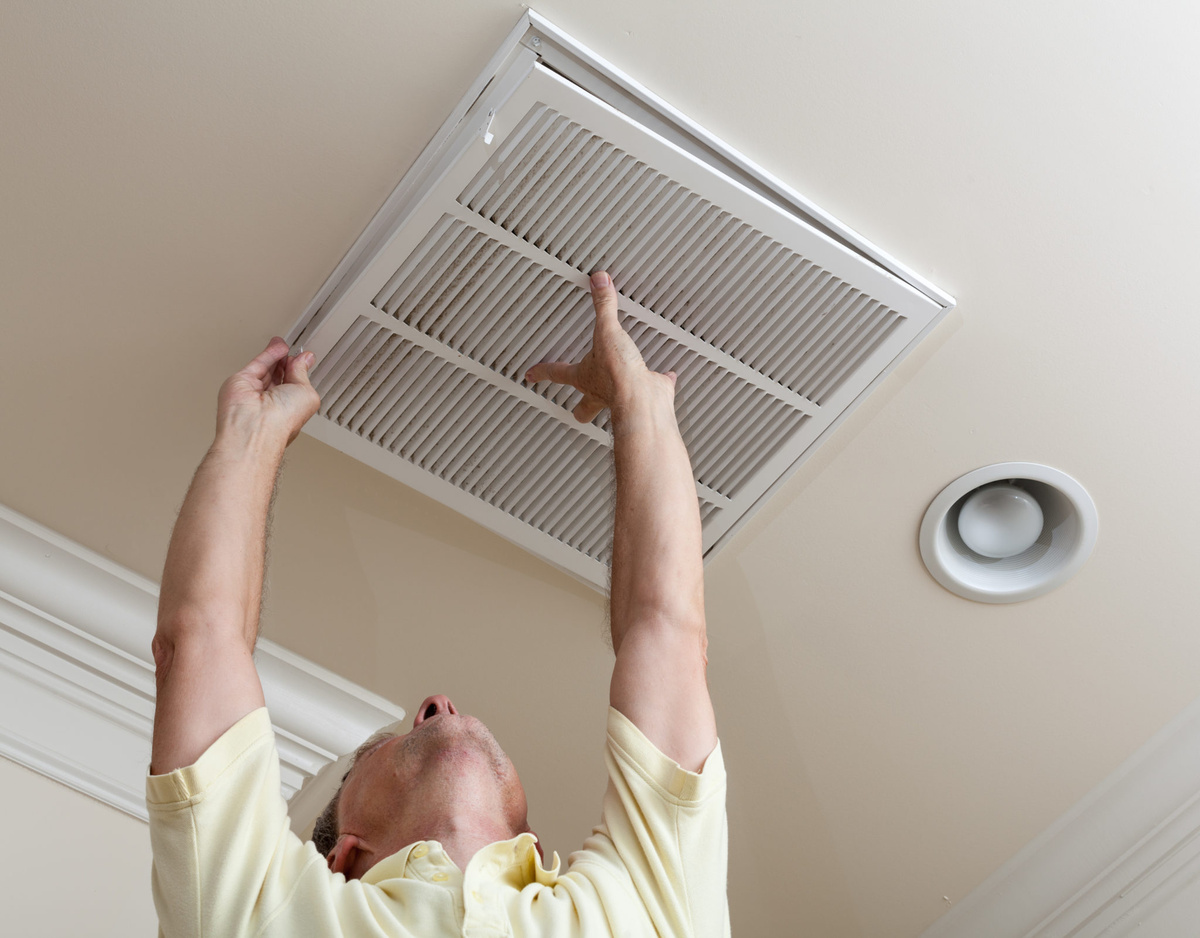
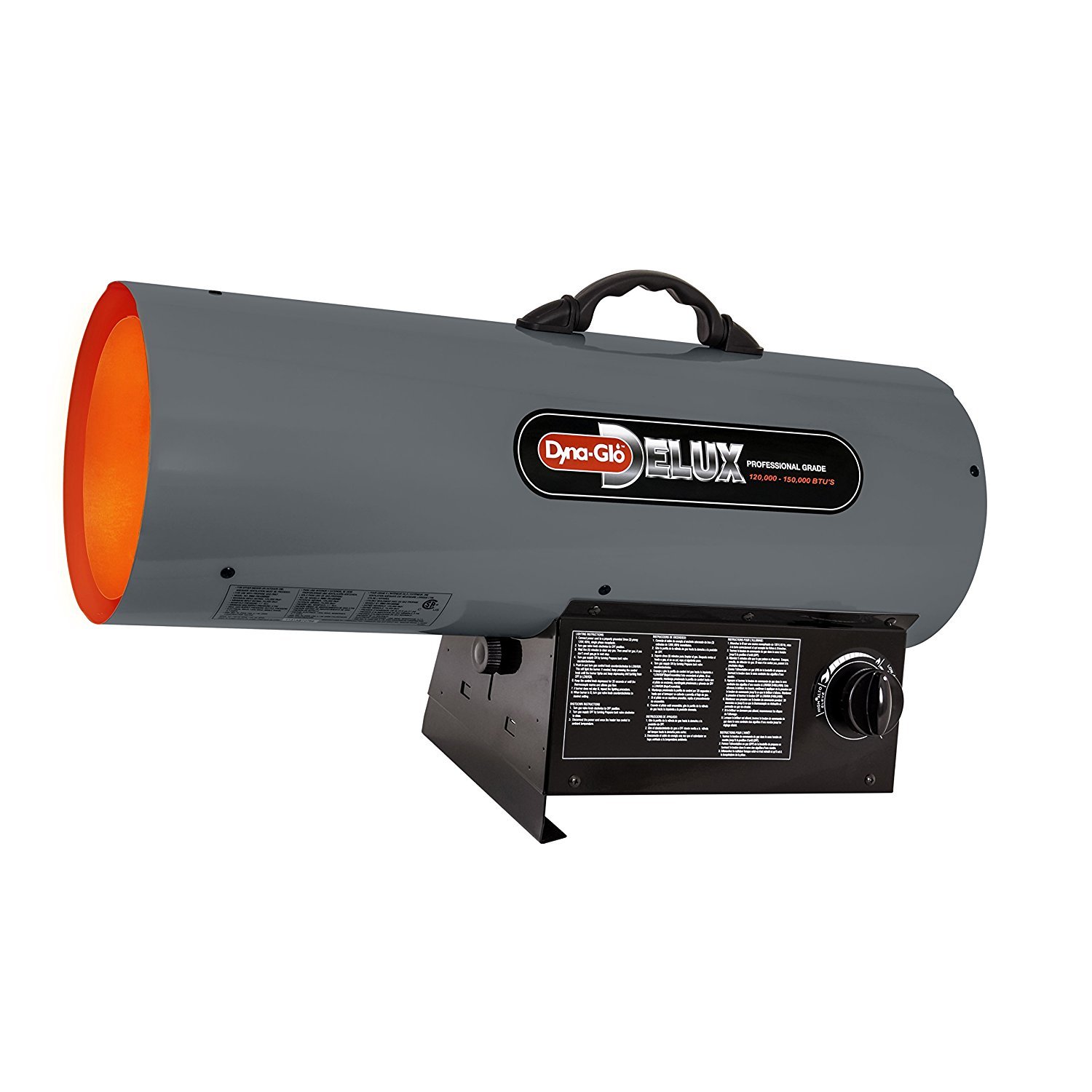
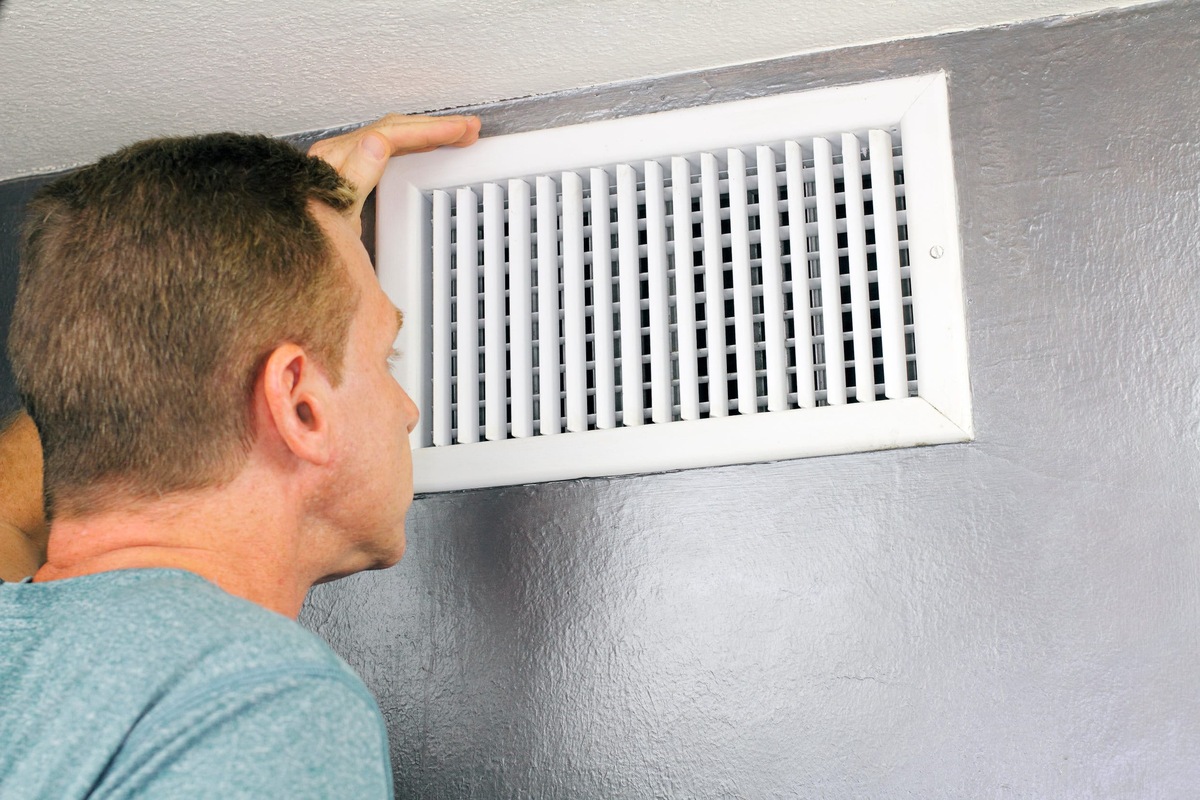
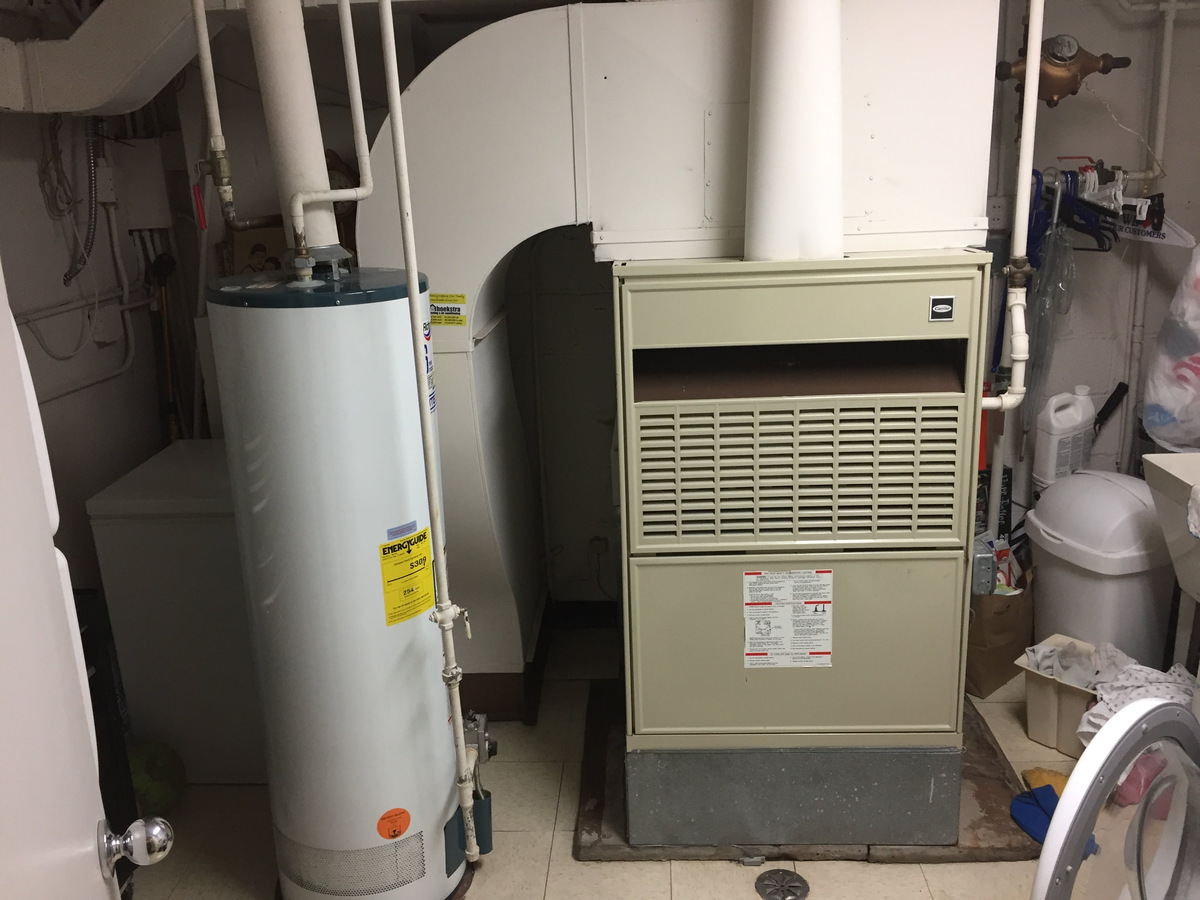
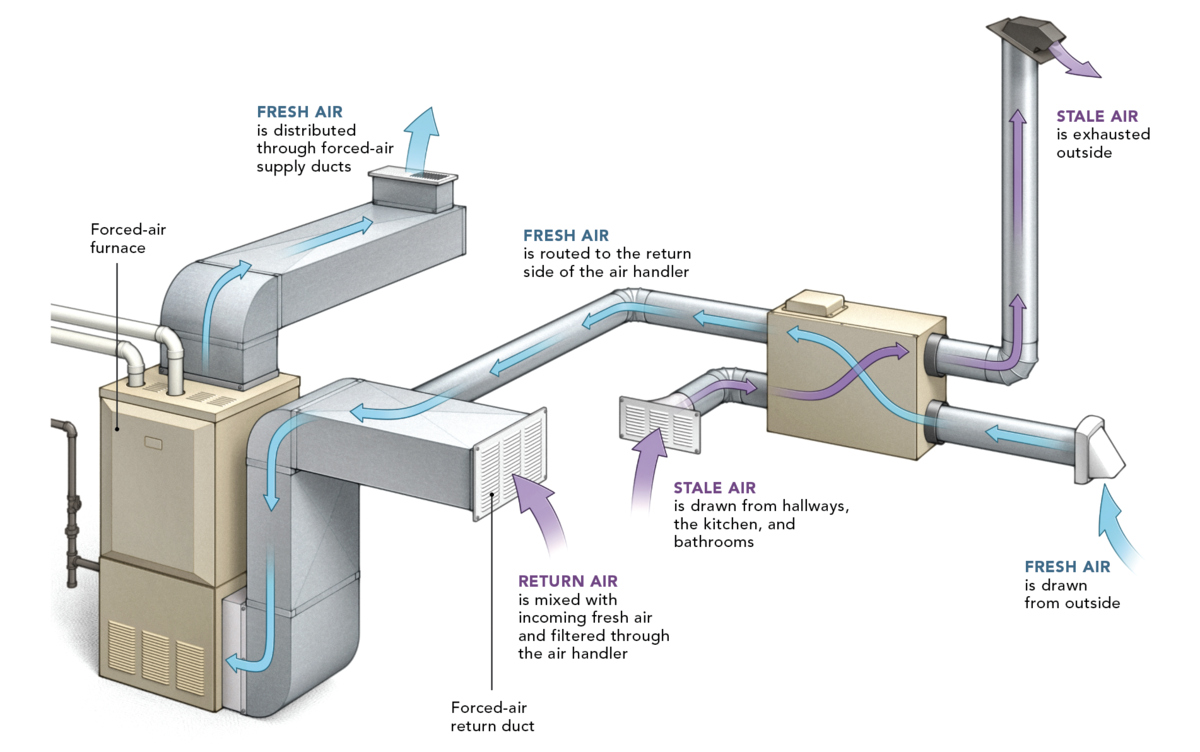
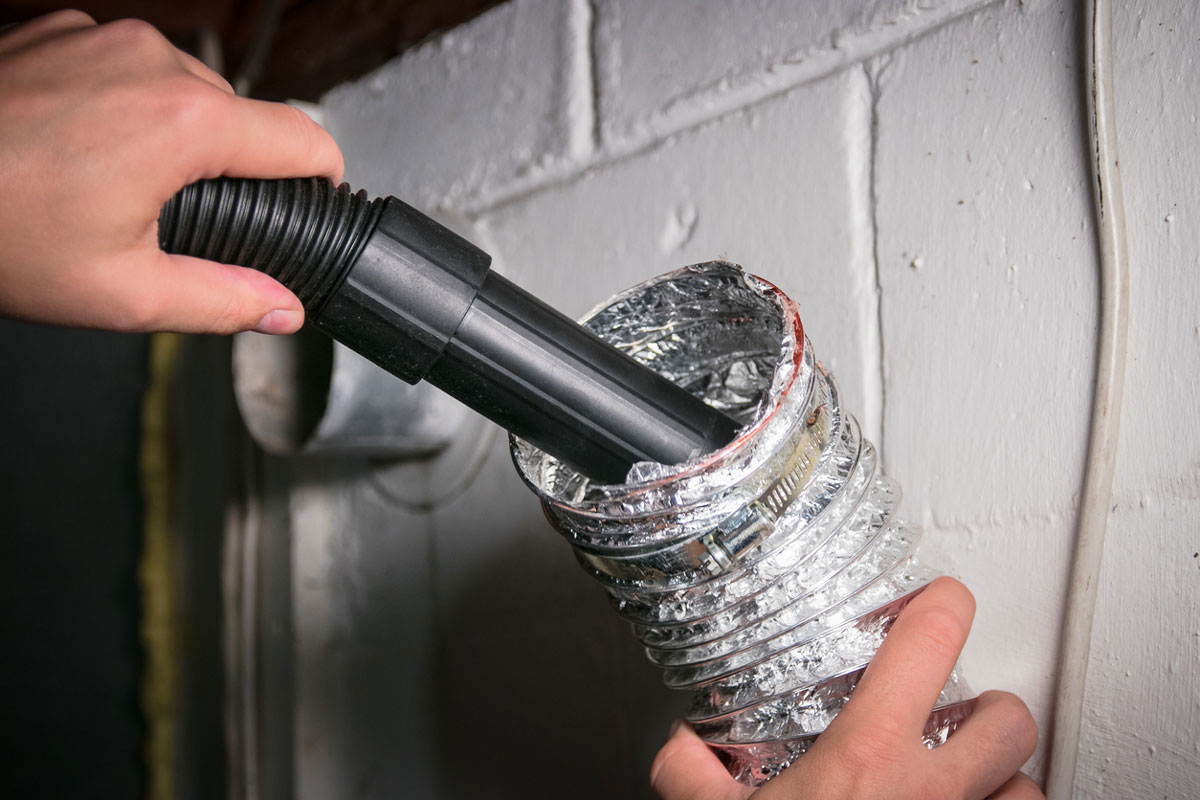
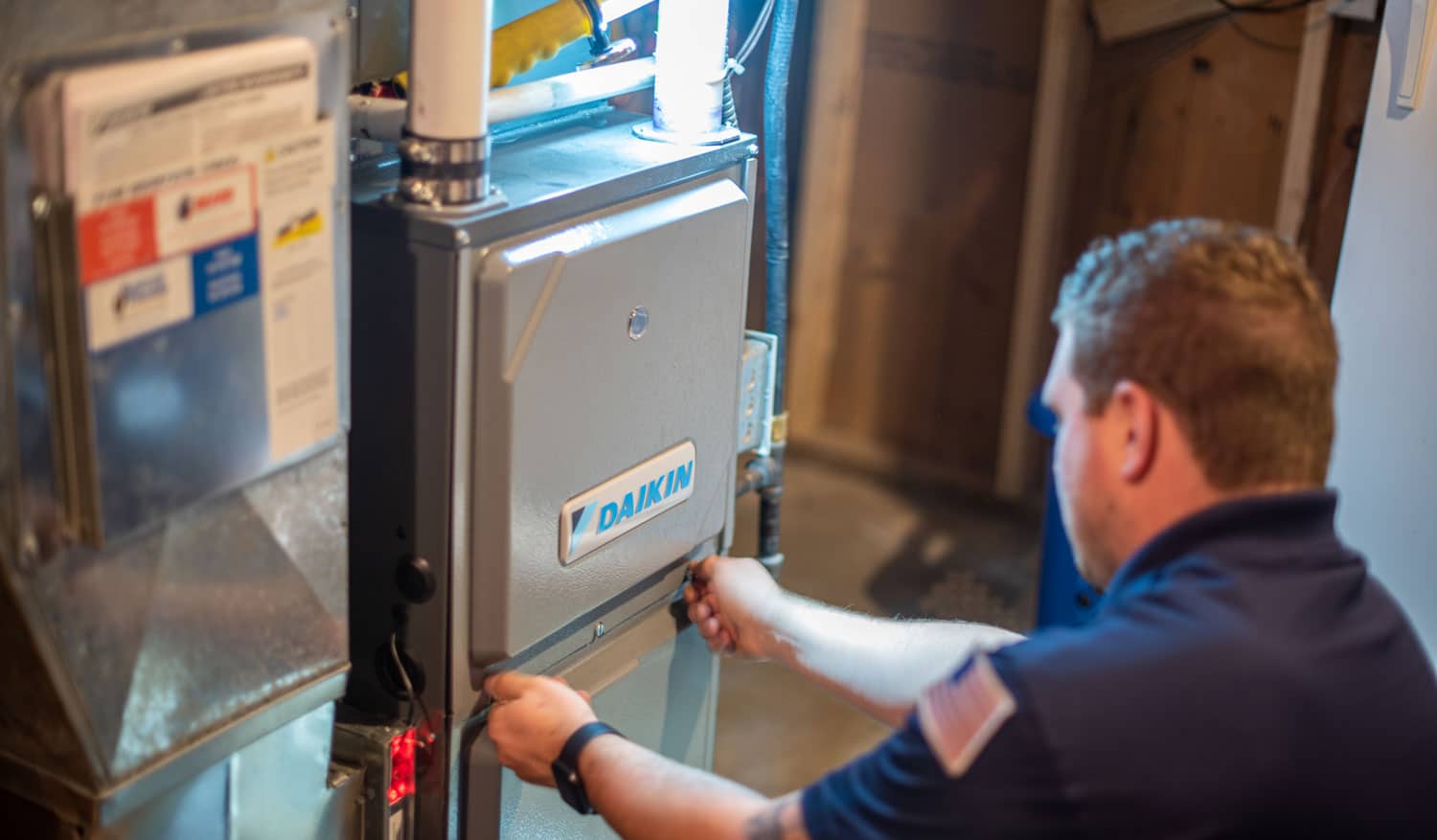
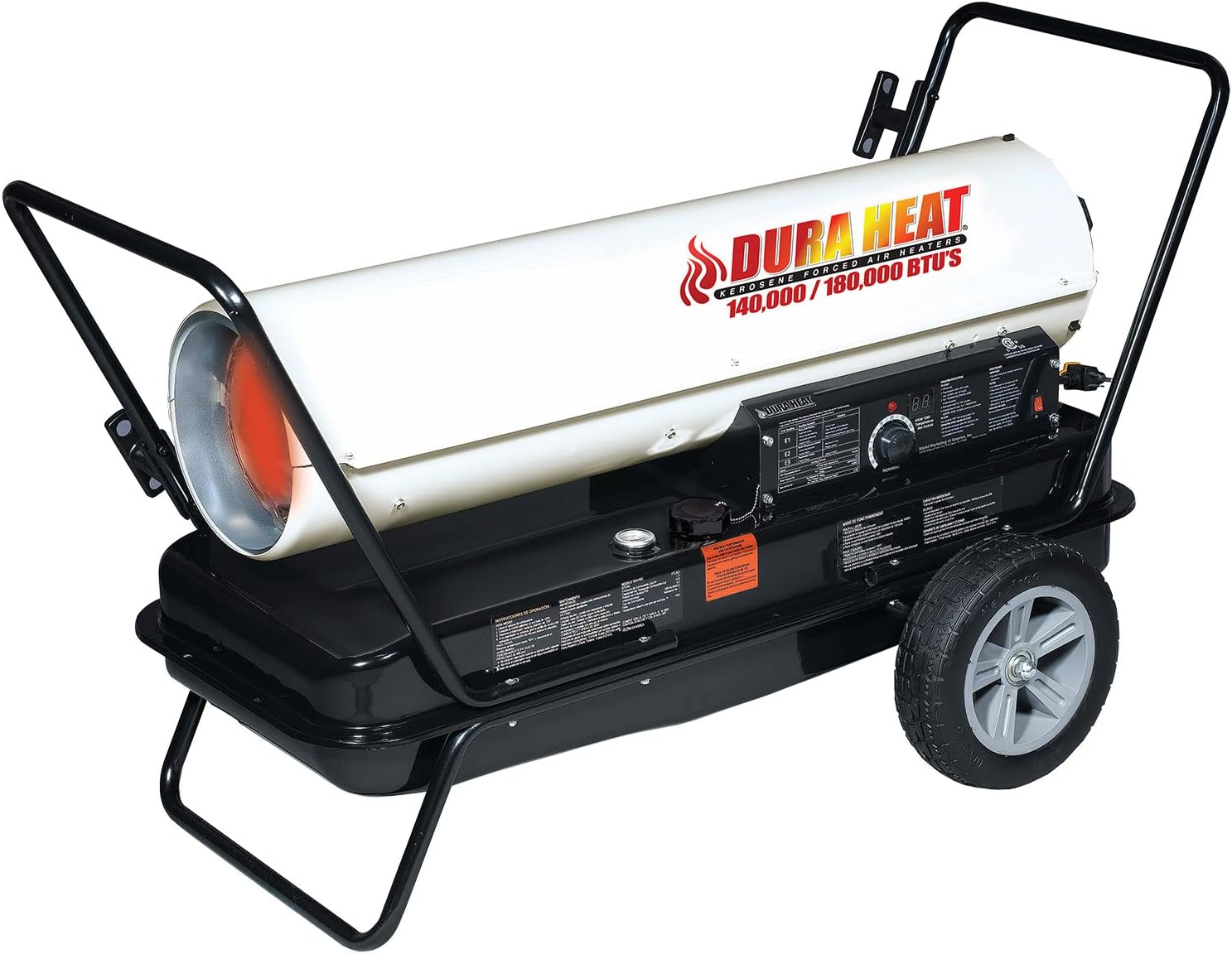
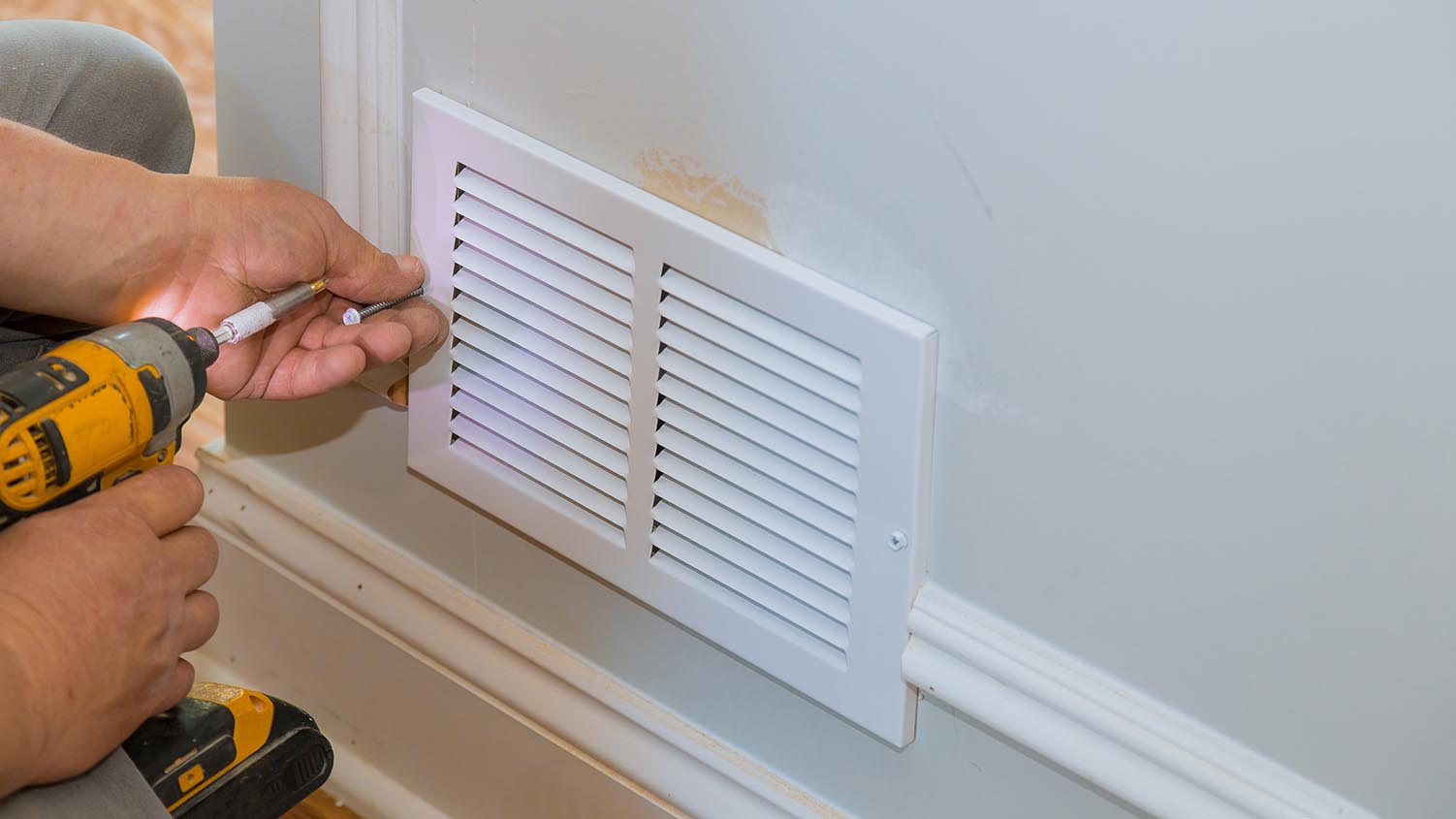
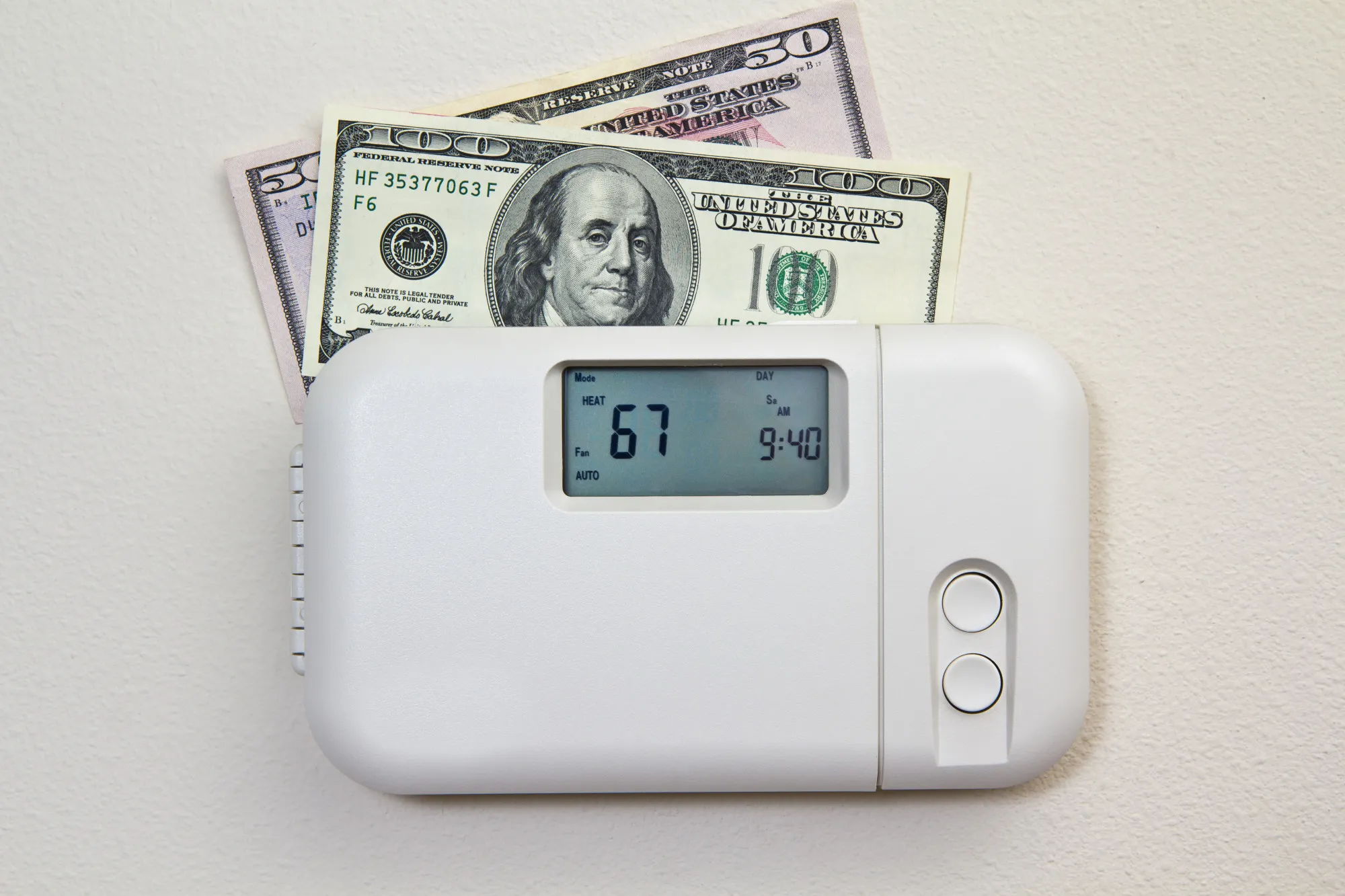
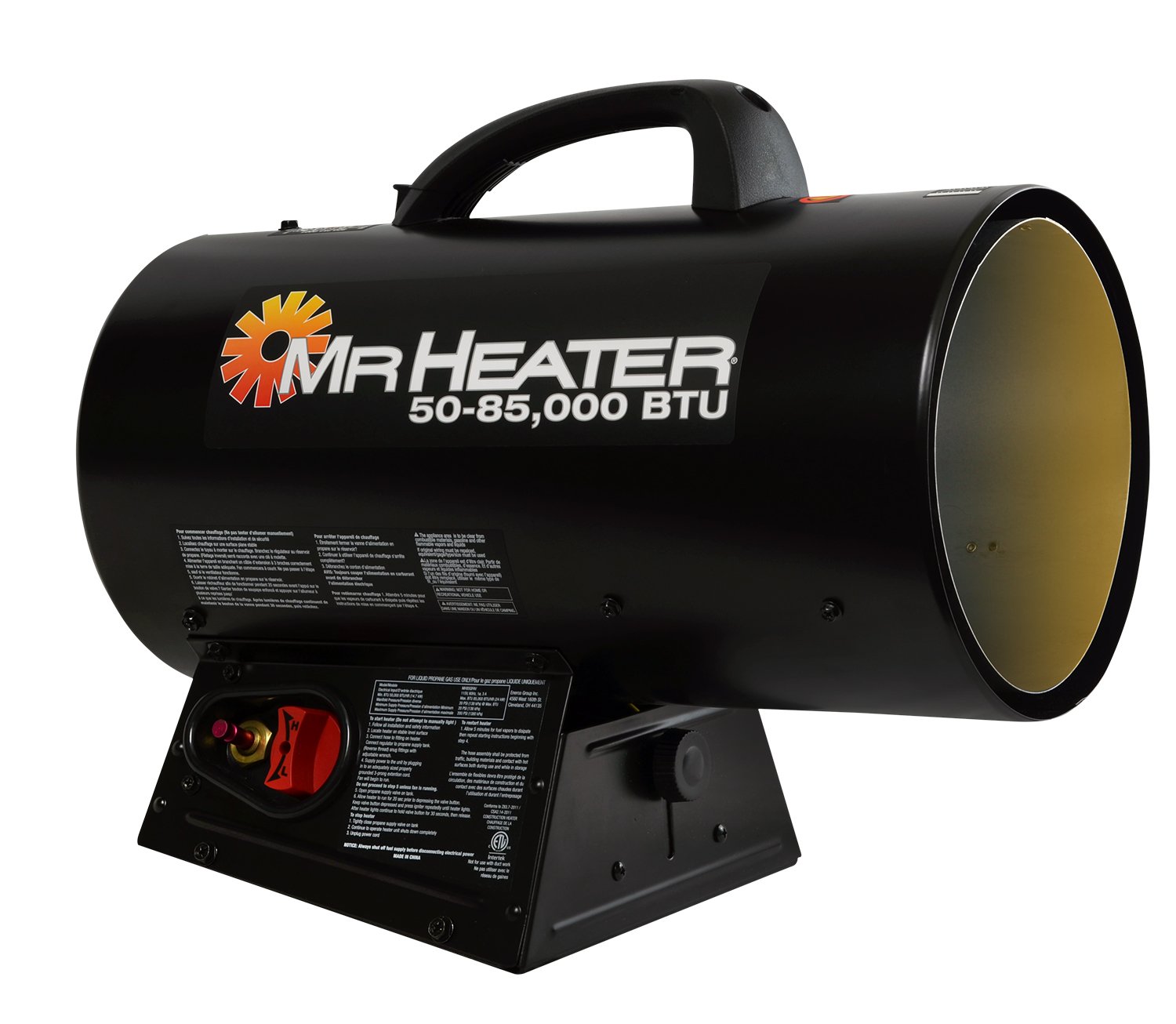
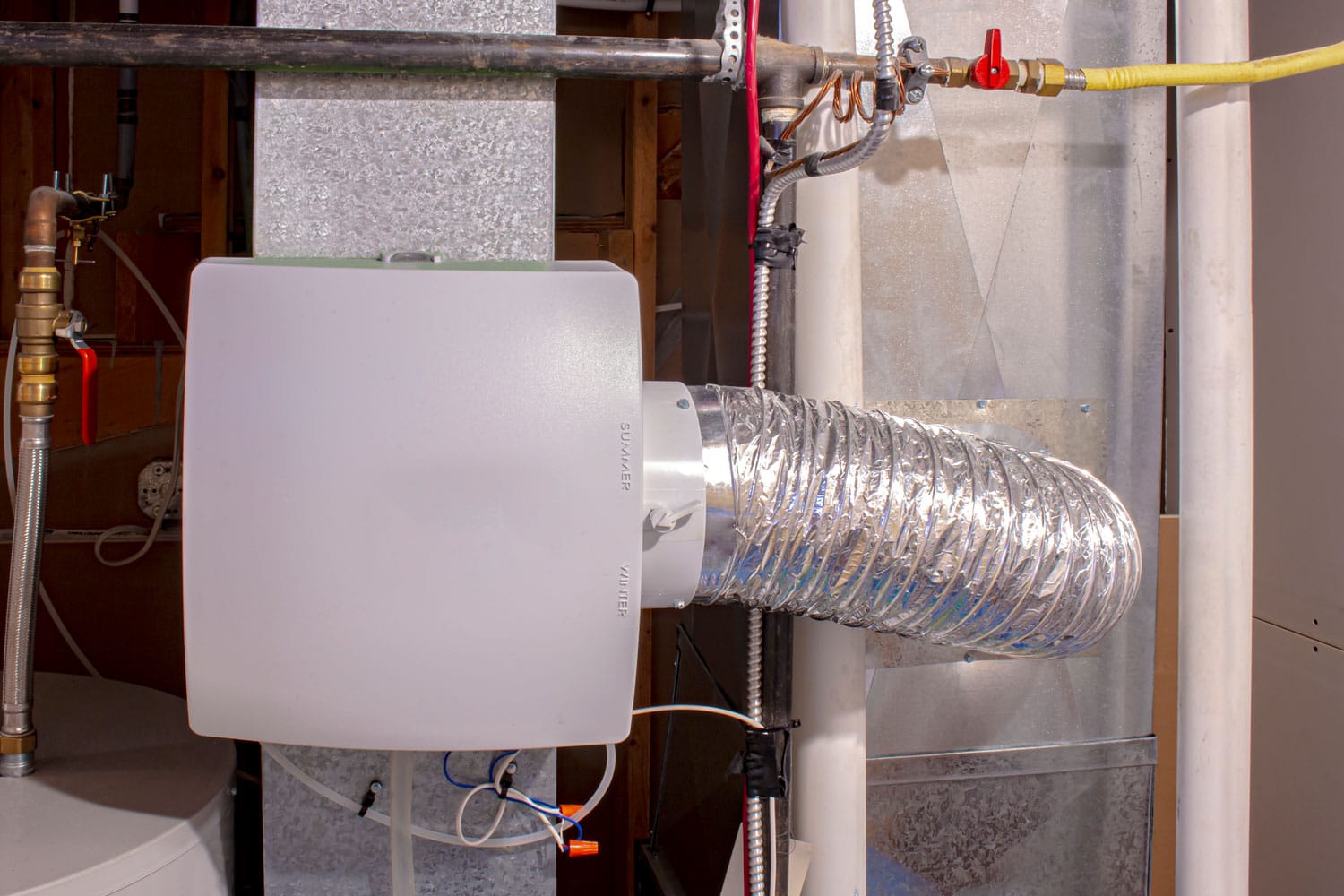
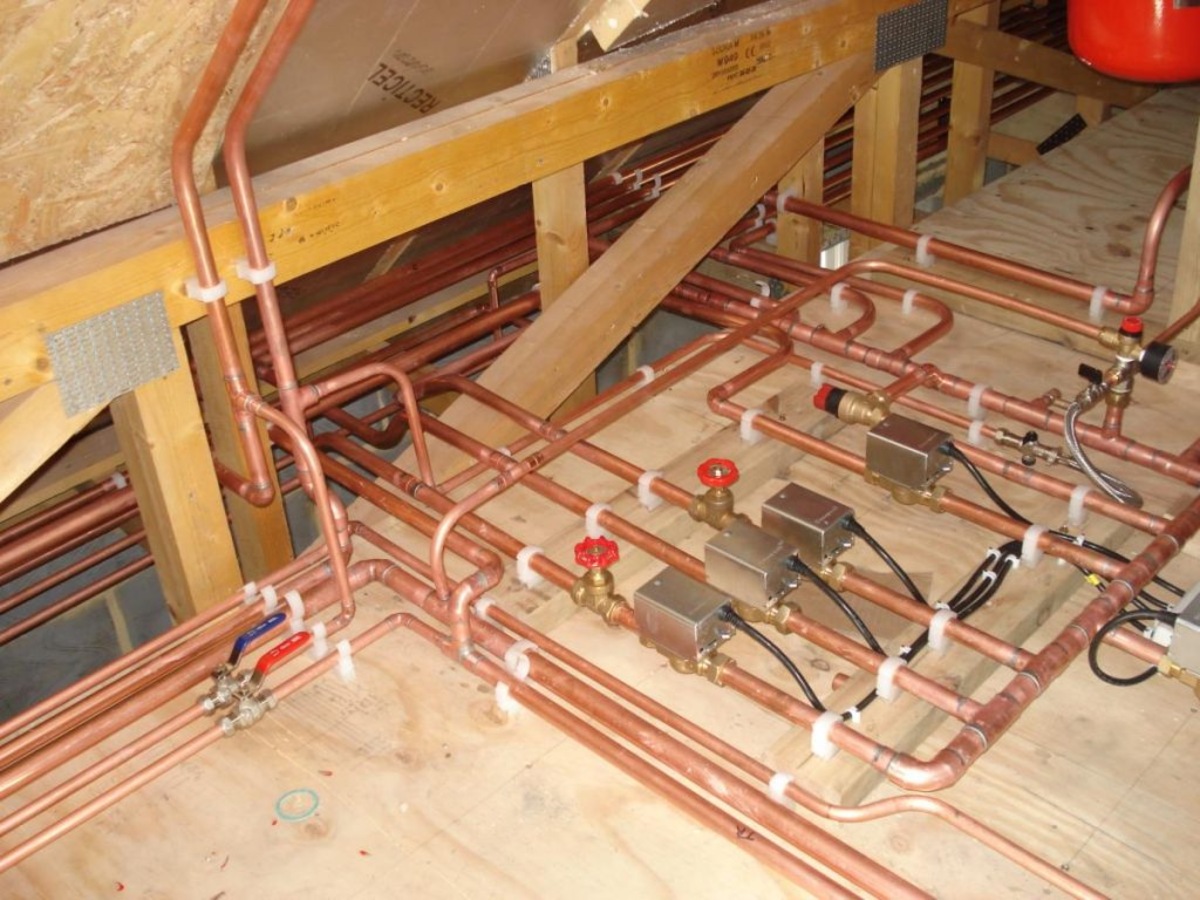

0 thoughts on “What Is Oil Forced Air Heating?”